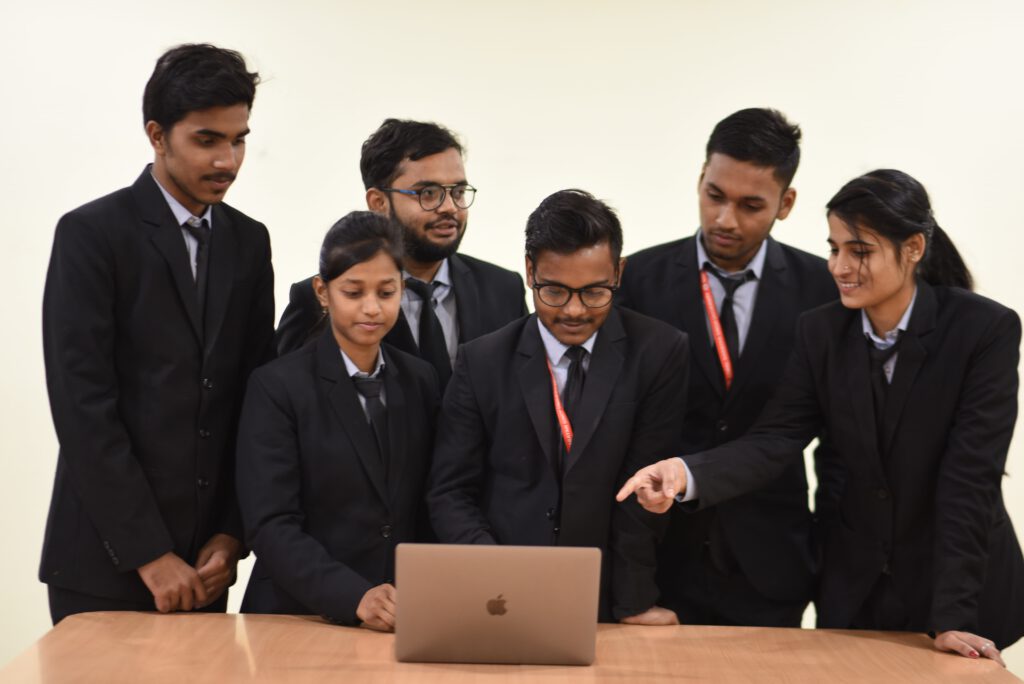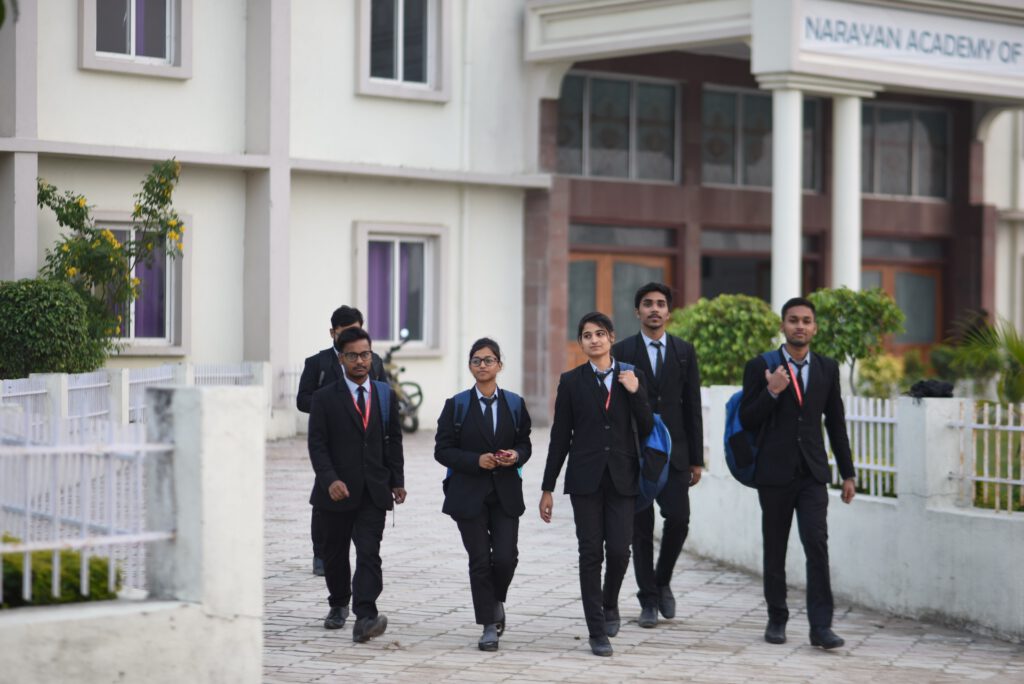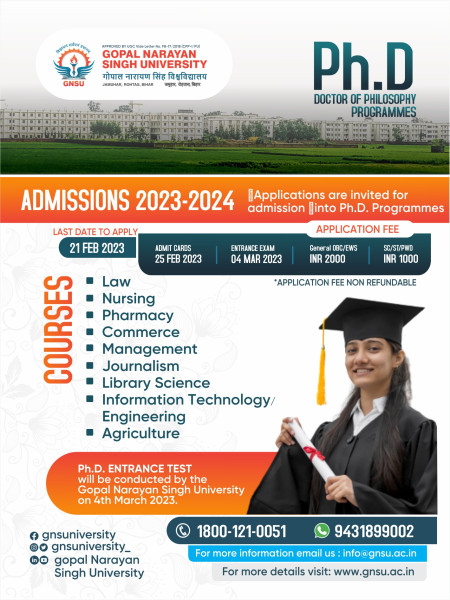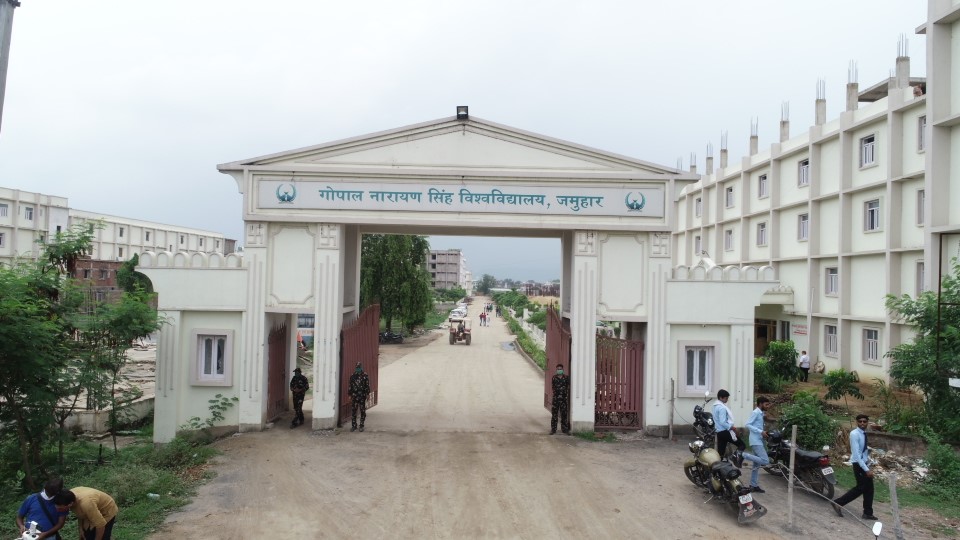There are two types of Education System in India: government and private, with a ratio of 5:7. A high-quality education has yet to be provided by government education. The education gained in public schools needs to be improved. This is also a result of the absence of teachers and inadequate oversight, especially in rural areas.
Read More : Top Engineering Colleges in India
Public schools offer subpar facilities and low academic support, which is detrimental to a person’s overall development. To help students choose their areas of interest, better facilities must be provided in the educational, sporting, cultural, technical, media, artistic, musical, religious, social, and political spheres. This kind of element needs to be improved in government schools.
Read More : best private engineering colleges in India
While the private schools that offer all these amenities need to be within reach for families from lower socioeconomic levels, almost 37% of Indians live in poverty. Also, they need help to pay for elementary school. Ministry of Education India is a nation of morals and beliefs; its citizens adhere to traditional values and value contemporary education.
Significant issues and challenges with the Indian School System
The Indian school system has been a topic of discussion for several years, and while it has come a long way, it still faces numerous challenges. Despite various government initiatives to improve education in India, there are significant issues and challenges that still plague the school system.
These issues range from inadequate infrastructure and shortage of qualified teachers to outdated curriculum and inequality of access to education. Here we are providing an overview of some of the major challenges facing by the Indian school system: –

1. High rates of dropout: –
It is one of the most challengeable things that we are facing in the Indian school system. It is all caused by several factors, including poverty, lack of restrooms, distance to school, child marriages, patriarchal thinking, and cultural reasons.
2. Ineffective leadership and a lack of accountability: –
The need for teachers in government-run institutions is another issue with our educational system. Furthermore, since these school management committees are hardly functioning, inadequate management in these schools is another significant issue. Also, the parents need to be aware of their rights and are unsure whom to contact in these circumstances.
3. Insufficient infrastructure: –
The absence of facilities for drinking water, electricity, restrooms, and bad cleanliness, among other things, is one of the biggest problems that public schools must deal with.
4. School Closure: –
Many government schools are shuttered due to low student enrollment and instructor shortages. This is because private schools have created more competition.
5. Corruption and money-flow leaks: –
Most money given for school improvement is spent mainly by dishonest middlemen. At the same time, numerous intermediaries are involved in the transmission of funding from the federal government to state governments and institutions. As a result, a proper beneficiary only receives a portion of the fund.
Here are some tips to choose the best colleges in India: –
Choosing the right college is a critical decision that can shape your future. With so many colleges to choose from in India, it can be a daunting task to select the one that meets your needs and aspirations. However, there are some key factors to consider that can help you make a decision. In this context, here we are providing some useful tips on how to choose the best colleges in India. Whether you are looking for a college with a strong academic reputation or a vibrant student life, these tips can help you find the right fit and set you on the path to success.
Also Read: Shaping Future Leaders: A Comprehensive Guide to the Top MBA Colleges in India

Here are those tips: –
- Reputation and Ranking: – Make sure to look for the reputation and ranking before selecting the college. Look for colleges that are known for their academic excellence and have a good reputation in the industry. This is one of the best things which you should look while choosing best colleges in India.
- Course Curriculum and Specializations: – It is one of the most crucial things to find top 10 university in India. Ensure that the college offers the course that you are interested in and that the curriculum is up-to-date and relevant. It will help you to get the right education in right department.
- Faculty and Research: – Check the qualifications and experience of the faculties. Look for colleges that have a lot of experienced and expertise in their respective departments. Also, consider the research activities of the college and the publications of the faculty members.
- Infrastructure and Facilities: – Check the college’s infrastructure and facilities, such as the library, laboratories, sports facilities, and hostel facilities. The college should have adequate facilities to support the students’ in any way be it academic or extra curriculum activities.
- Placements and Industry Connect: – Check the placement records of the college and see how well it has placed its students in the job market. Also, consider the industry connect of the college and the opportunities it provides for internships and placements.
- Student Life and Culture: – Consider the student life and culture of the university. Look for colleges that have a vibrant student community and offer a range of extracurricular activities. Also, consider the diversity of the student community.
- Affordability and Financial Aid: – Not to forget about the budget. Look for colleges that offer scholarships or financial aid to the needful students. It is important to weigh the costs and benefits of attending a particular college before making a final decision.
Follow the above mentioned things and make sure you have chosen the right one: –

There are several opportunities for the students to improve, such as the growing emphasis on vocational training, the rise of digital learning platforms, and the increasing interest in promoting innovation and entrepreneurship.

It is essential to recognize both the challenges and opportunities in the education system and work towards creating a more inclusive and effective system that can equip with the skills and knowledge they need to succeed in the 21st century. By addressing the challenges and leveraging the opportunities, India can pave the way for a brighter future for its citizens and the nation as a whole.



